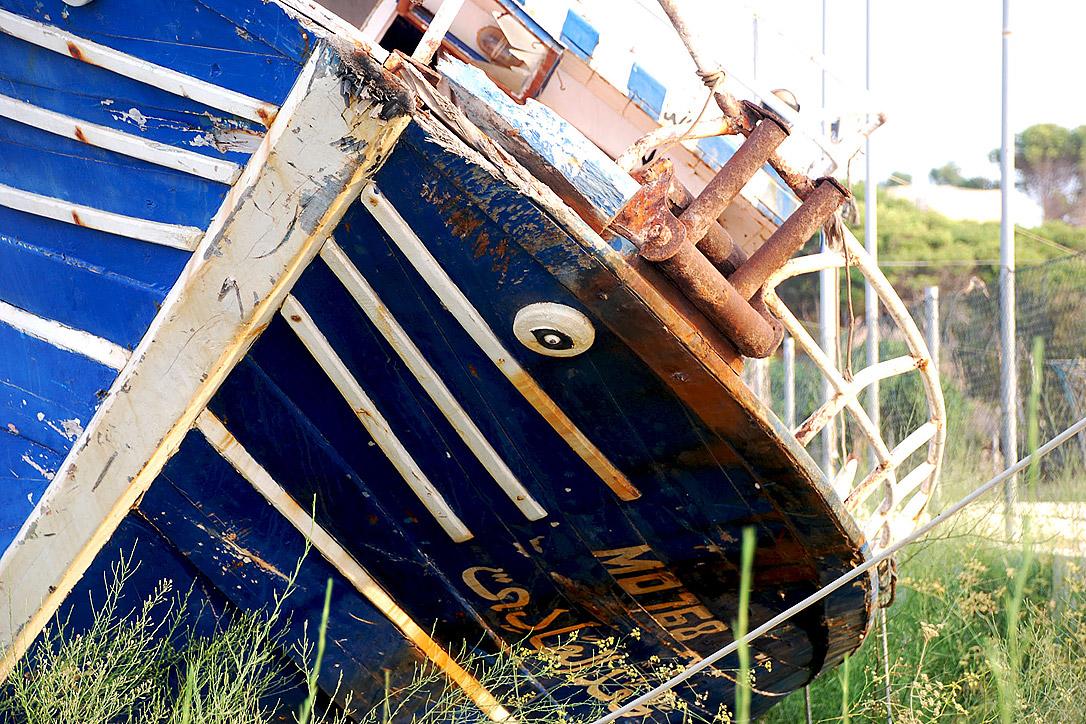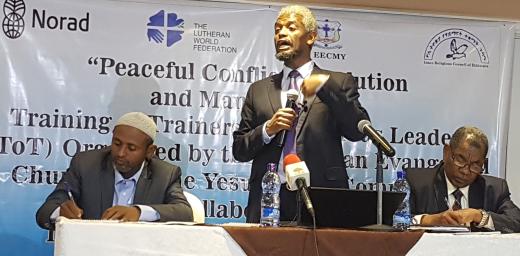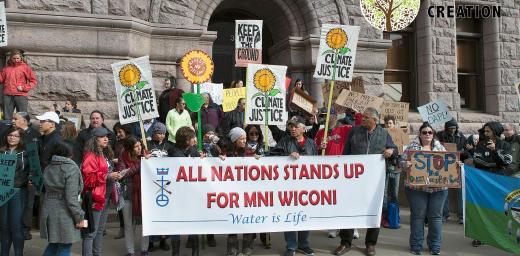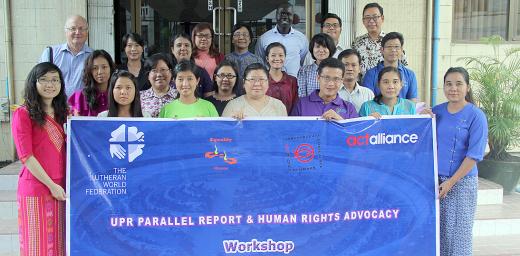We must each put ourselves in those boats beside scared and helpless migrants

The island of Lampedusa has a so-called shipsâ cemetery, where vessels used by migrants are dumped onshore waiting to be destroyed. Lampedusa is known in Italy for immigration because it is much closer to Africa than Italy or the rest of Europe. Yet, migrants are rarely seen on the streets of the island. Credit: Piervincenzo Canale (CC-BY)
By Marta Spanger
The summer I was 13, I went sailing one sunny afternoon at a camp in upstate New York, US. My friend and I set out in a tiny sailboat, ready to pass the better part of the afternoon soaking up the sun and enjoying the breeze when our boat was hit by a large wave from a passing speedboat. As the boat was so small, we were under water within minutes.
This being the US and it being summer camp, we had life jackets and, in what was probably only 20 minutes (it felt like eternity), we were pulled to shore. No lasting damage occurred, except for the bruised pride of a young teenager. But I remember this incident very clearly, probably because I was so frightened. We were so small, far away from the shore, in such a large lake, with such large waves, and with large boats moving quickly. What if nobody saw us?
I’ve been reminded, recently, of this experience as I read about migrants crossing the Mediterranean. Much of the conversation condemns political policies that have left people stranded at sea. Much has been said about the economic and security-driven discourse that has forced people into patterns of irregular migration – the crossing of international boundaries without a valid passport or travel document. And there is plenty to say about mixed migration, that is, victims of human trafficking and asylum seekers, as well as economic migrants.
However, I am still held captive by this memory. I put myself into the boat with all those migrants. What it must feel like to knowingly risk your life when you set foot in the boat and how terrifying it must quickly become as the boat capsizes. And the Mediterranean is so much bigger, so much more dangerous, and so much more isolating than a lake.
For me, part of what is so important to remember is the human experience of each of those individuals and to recognize them as such. They all have different stories and different reasons for being on that boat. Certainly these are not inconsequential reasons. What else could possibly drive a person to take such a risk? But each person in that frightening moment is equally human. Every last person is vulnerable, everyone is scared and each of us can relate to the feeling of fear.
I think it is truly an important exercise before we begin to pass judgment, before we write policies, or before we let another tragedy occur to take time to imagine ourselves alongside those migrants in the water. Perhaps this exercise could be called prayerful accompaniment because, as Christians, we are called to respond to the needs of the other: “[F]or I was hungry and you gave me something to eat, I was thirsty and you gave me something to drink, I was a stranger and you welcomed me” (Matthew 25:35-40). What I find to be so powerful in this story is that the disciples served Jesus unknowingly because they were busy relating to fellow human beings.
While I am deeply discouraged by the political security discourse, and I recognize that the situation of migrants along my national border between the US and Mexico also needs to be examined, I want to encourage others to take time and prayerfully accompany migrants in their fear and humanity - so that we can all begin to make change.
Related content:
The Lutheran World Federation is pleased to be a signatory to Welcoming the stranger: affirmations for faith leaders, which encourages faith organisations to foster support for refugees and other people displaced from their communities.
Marta Spanger is Junior Advocacy Officer in the Office for International Affairs and Human Rights in the Department for Theology and Public Witness at the Lutheran World Federation.





